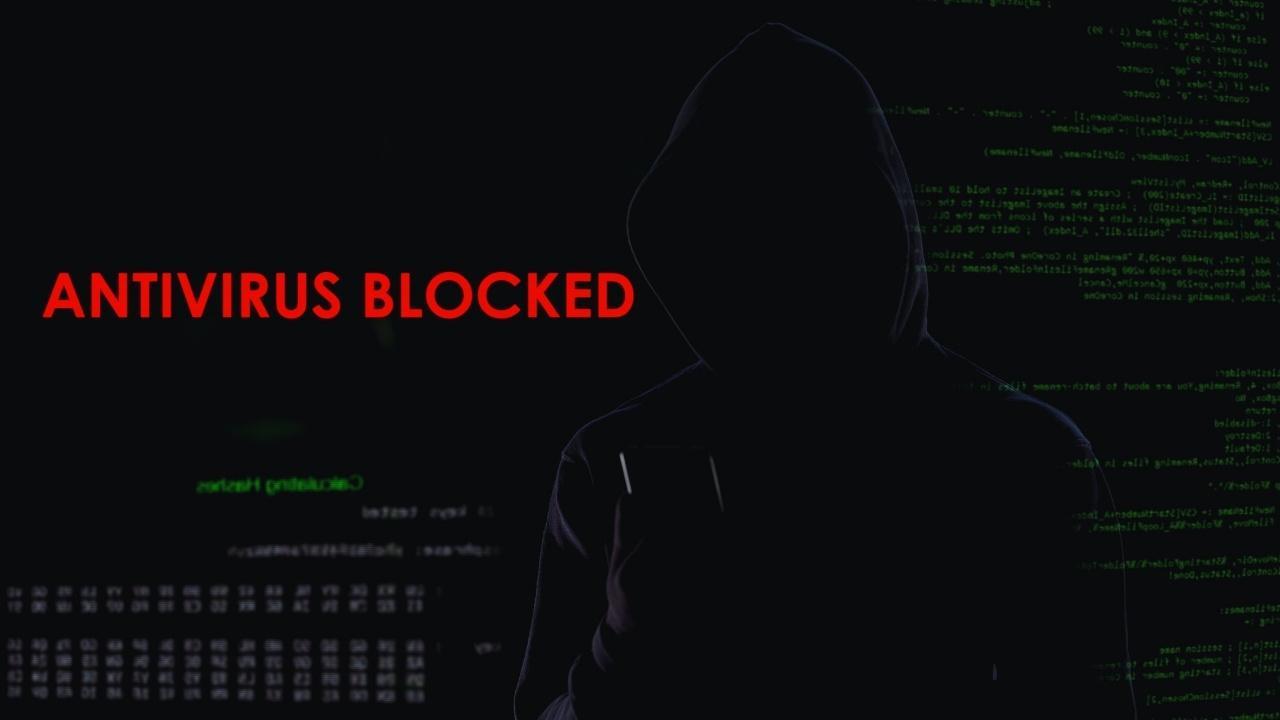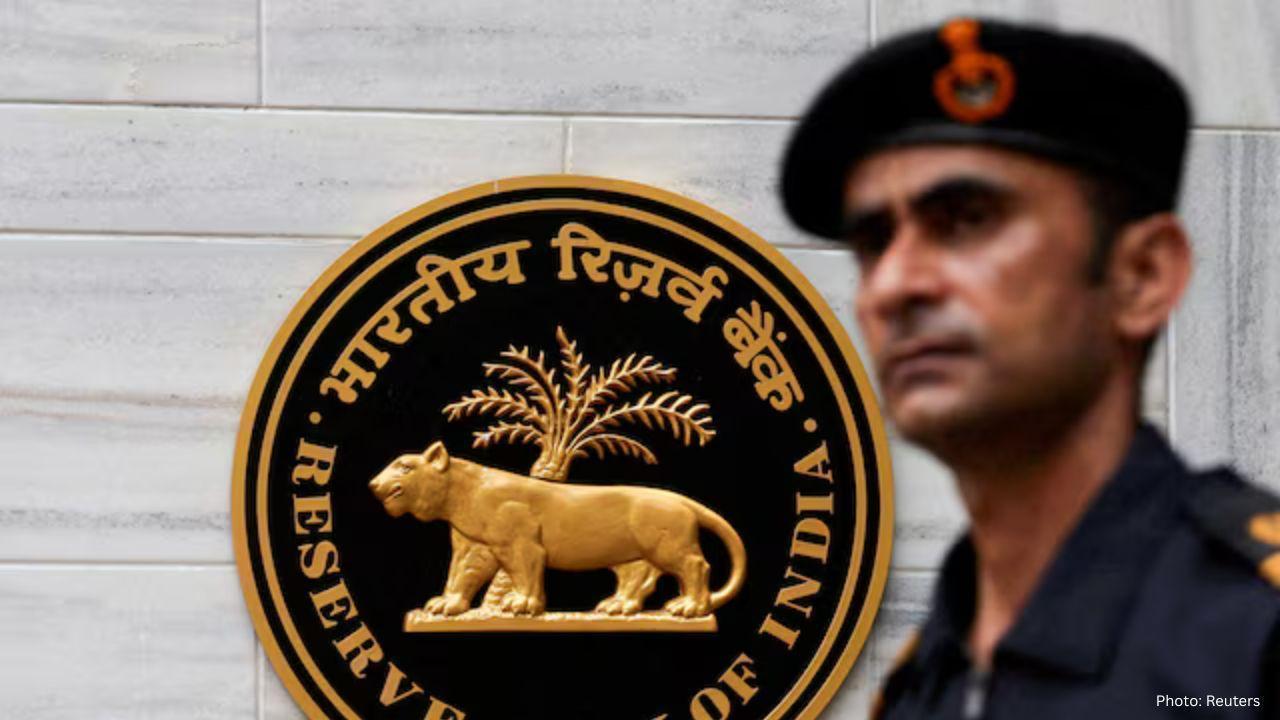You have not yet added any article to your bookmarks!

Join 10k+ people to get notified about new posts, news and tips.
Do not worry we don't spam!

Post by : Anis Farhan
Cybersecurity has always been a race between attackers and defenders. For decades, hackers have sought vulnerabilities in systems while security experts raced to patch them. But with the arrival of artificial intelligence, the rules of the game are changing dramatically. One of the most pressing threats is the emergence of zero-day AI attacks—exploits that target unknown vulnerabilities while leveraging machine learning to adapt, evolve, and outpace human detection methods.
Unlike traditional cyberattacks, these threats can operate autonomously, learning from defenses in real time and altering strategies without human oversight. As businesses, governments, and individuals grow increasingly reliant on interconnected digital ecosystems, the potential impact of AI-driven zero-day attacks could be catastrophic if not addressed.
A zero-day attack occurs when hackers exploit a previously unknown vulnerability in software or hardware before developers can release a fix. The “zero” refers to the fact that defenders have zero days to respond once the attack begins.
Now imagine combining this with artificial intelligence. An AI-powered exploit can scan networks at machine speed, identify weak points, and launch adaptive attacks that change tactics on the fly. This means traditional defenses—firewalls, antivirus software, and even advanced monitoring systems—may be bypassed almost instantly.
Artificial intelligence introduces several new capabilities to traditional exploits:
Automated Discovery: AI can crawl vast amounts of code and network architecture to detect vulnerabilities faster than any human team.
Adaptive Learning: Once an attack is launched, AI algorithms can analyze defenses in real time and adjust strategies to maximize damage or persistence.
Scalability: AI attacks can be deployed across thousands of systems simultaneously, targeting multiple organizations or governments at once.
Stealth and Camouflage: With the help of generative AI, malicious code can be disguised as legitimate traffic, making it nearly invisible to current detection systems.
This is not theoretical—security experts are already observing early examples of AI-driven exploits in the wild.
Zero-day AI attacks have the potential to cripple critical infrastructure. Likely targets include:
Financial Institutions: Banking systems could face automated intrusions, disrupting global markets.
Healthcare Networks: Hospitals relying on connected devices could see patient data stolen or systems shut down.
Energy Grids: Smart grids and IoT-enabled utilities could be manipulated, causing widespread blackouts.
Government Agencies: Sensitive national security information could be extracted before detection.
Everyday Consumers: From smart homes to connected cars, individuals could be exposed to privacy breaches or physical risks.
Most cybersecurity defenses today rely on reactive measures. Firewalls filter suspicious traffic, antivirus software flags known malware, and human analysts respond to alerts. But in the age of AI-powered zero-day attacks, these measures fall short because:
The speed gap: Human analysts cannot respond at machine learning pace.
Signature dependence: Traditional detection depends on known attack patterns, which AI attacks deliberately avoid.
Complexity: Modern IT infrastructures, with their cloud services and IoT devices, offer too many entry points for manual monitoring.
Ironically, the best defense against AI-powered cyber threats may also be artificial intelligence. Security firms and governments are now investing in AI-driven defense systems that use predictive analytics to detect anomalies before damage occurs.
These systems rely on:
Behavioral Analysis: Monitoring network behavior instead of signatures to spot unusual activity.
Predictive Modeling: Anticipating likely vulnerabilities before attackers exploit them.
Autonomous Response: Deploying automated countermeasures within milliseconds of an attack attempt.
By giving defenders machine-speed tools, AI helps level the playing field against malicious actors.
The rise of zero-day AI attacks raises profound ethical and policy questions. Should governments stockpile AI-discovered vulnerabilities for national security purposes, or disclose them to protect civilians? How do international laws apply when AI systems, rather than humans, execute attacks?
Some experts argue for a “Geneva Convention for Cyberwarfare” to regulate the use of AI in digital conflict. Without such frameworks, nations risk escalating cyber-arms races where AI systems battle autonomously, potentially causing global disruptions.
To prepare for the inevitable rise of AI-driven zero-day threats, organizations and governments must adopt a proactive stance. Key strategies include:
AI-First Security Strategies: Embedding AI defense systems into every layer of digital infrastructure.
Global Cooperation: Sharing intelligence across borders to counter evolving threats.
Education and Training: Preparing cybersecurity professionals with AI expertise.
Public Awareness: Educating individuals on securing personal devices, as many attacks begin with consumer vulnerabilities.
Without such measures, societies risk falling into a cycle where attackers are always one step ahead.
Zero-day AI attacks are not a distant possibility—they are an emerging reality. The combination of unknown vulnerabilities and adaptive machine intelligence creates a threat unlike any seen before. The stakes are high: from financial collapse to national security breaches, the consequences of unpreparedness could be catastrophic.
Yet the same technology fueling these threats also offers the tools for defense. By investing in AI-driven security, fostering international collaboration, and rethinking digital resilience, societies can prepare for this new frontier. The race is not over, but the rules have changed.
This article is written for informational purposes for Newsible Asia readers. It does not provide professional cybersecurity advice and should not be considered a substitute for expert consultation.










Ranveer Singh’s Dhurandhar Hits ₹1000 Cr Despite Gulf Ban Loss
Dhurandhar crosses ₹1000 crore globally but loses $10M as Gulf nations ban the film. Fans in holiday

China Claims India-Pakistan Peace Role Amid India’s Firm Denial
China claims to have mediated peace between India and Pakistan, but India rejects third-party involv

Mel Gibson and Rosalind Ross Split After Nearly a Decade Together
Mel Gibson and Rosalind Ross confirm split after nearly a year. They will continue co-parenting thei

Rashmika Mandanna, Vijay Deverakonda Set to Marry on Feb 26
Rashmika Mandanna and Vijay Deverakonda are reportedly set to marry on February 26, 2026, in a priva

FIFA Stands by 2026 World Cup Ticket Prices Despite Fan Criticism
FIFA defends the high ticket prices for the 2026 World Cup, introducing a $60 tier to make matches m

Trump Claims He Ended India-Pakistan War, Faces Strong Denial
Donald Trump says he brokered the ceasefire between India and Pakistan and resolved eight wars, but